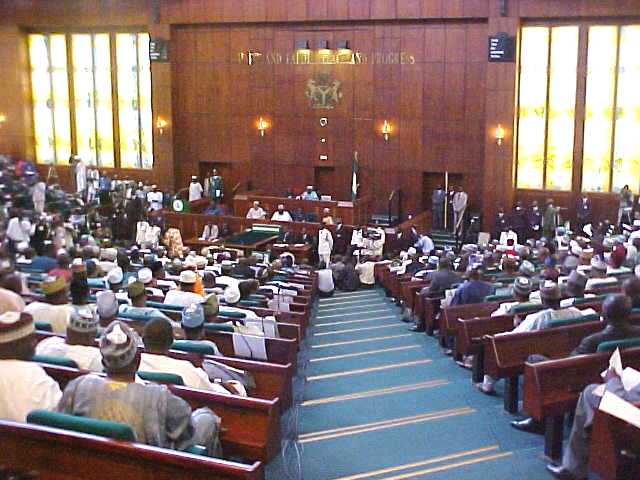Educational Issues
Nigeria: The challenges of higher education – Addressing the brain drain/infrastructure rot.

Since the late 80’s, educational sector in Nigeria has suffered setbacks in a number of areas. Actions are a major issue in a country where most Nigerians prefer university education. Every year, universities exceed “get admission quota”. Universities are constantly being inundated with admission request they cannot meet. The number of candidate who applies annually exceeds by far the vacancies available. For instance, over 1.5 million candidates apply annually for admission into universities nationwide but only about 500,000 is admitted. Some of these unsuccessful applicants becomes frustrated and sometimes, resort to crimes.
With over hundred recognized federal, states and private universities across the country, millions of Nigerian youths that are desirous of university education find it difficult to access higher education. The issue has been attributed to the low carrying capacity of the universities. 96% of the candidates who sit for the Unified Tertiary Matriculation Examination – UTME chose university as their preferred institutions; 1.69% chose colleges of education while 1.9% settled for polytechnic as their preferred institutions. The situation has given rise to the proliferation of illegal degree meals, preying on the desperations of Nigerians for university education. Most of them claim affiliation to established universities in the United States, United Kingdom and Canada. Neighbouring countries have also discovered Nigeria to be a fertile ground for the business of illegal universities.
Experts say the reason for the proliferation of illegal degree awarding institutions in the country is because of the limited space available in the university system. Experts say that the National Open University of Nigeria with sure function to come to amend conventional universities in giving all categories of Nigerians equal opportunities and access to tertiary education has failed to meet its statutory mandate.
Private universities are on the other hand expensive and beyond what many Nigerians can afford.
Other issues confronting a candidate who gained admission into any universities are the challenges of cost and quality. While not many Nigerians can afford the fees charged by private universities, the labour market has continued to question the quality of graduate produced by the university system. This doubt support the argument by some experts that the country provides quantity rather than quality education.
Experts say the Nigeria university system is fast losing its high esteem in the labour market and the industry. The graduates from Nigerian universities lack necessary skills required in the 21st century global knowledge and market.
Universities are established to carry out tripartite roles of teaching, research and community services thereby contributing meaningfully to the social and economic development of the nation. They are supposed to impart high level skills to a reasonable proportion of the work force, developing intellectual capability of individuals and engaging in training of competent and responsible professionals needed virtually in all aspect of human endeavour.
Recently, the minister of finance, Dr. Ngozi Okonjo-Iweala, while delivering an address at the second Prof. Bart Nnaji biannual lecture series at the Enugu State University of Science and Technology said that graduates from the country’s higher institution of learning were not employable. She said that Nigeria higher institution were plagued by inadequate science and technological facilities and materials for practical skills development and the country was shunning out thousands of unemployable science and technology graduates each year.
Another challenge is that the system suffers from an absent of NEED driven curriculum to address national needs. There is also the difficulty in development and retention of qualified university teachers. What the country needs today in order to move pass the current state of her educational system is to introduce in all tertiary institutions in the country, curriculum that addresses national needs as well as providing the required facilities for research and development.
If the graduates from Nigerian universities are not employable as they say, then the government is not doing much in making them employable because the law of nature categorically agrees that the much you put in is the much you get out.



















Yerima
August 17, 2015 at 9:23 pm
U have said it all,Madam Iweala was minister for finance in Nig for 12yrs, was that not enough for her to turn the situation around?